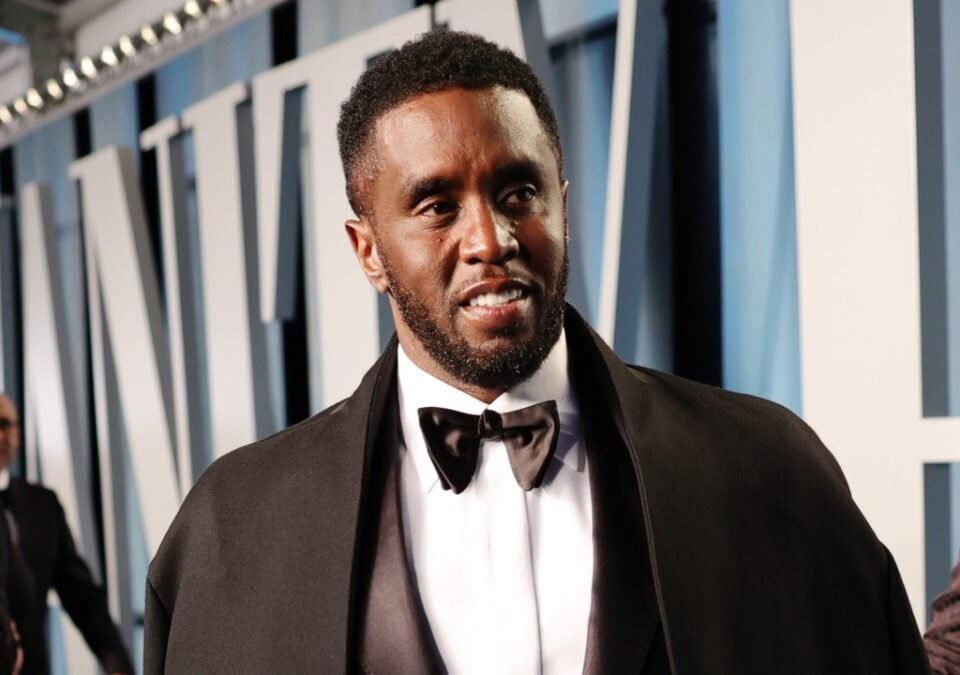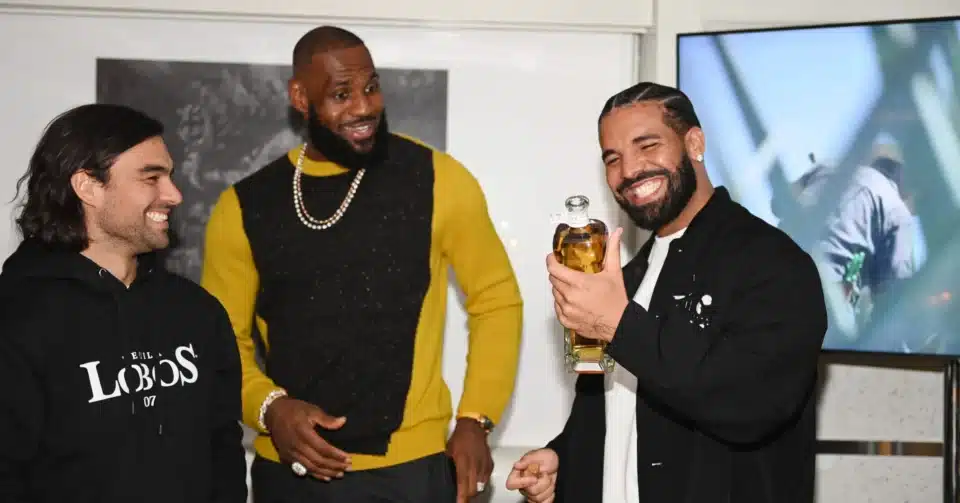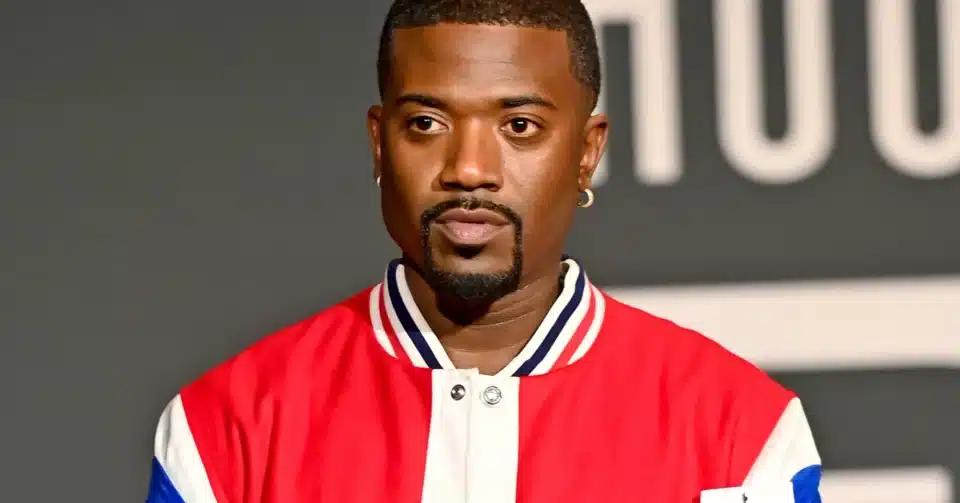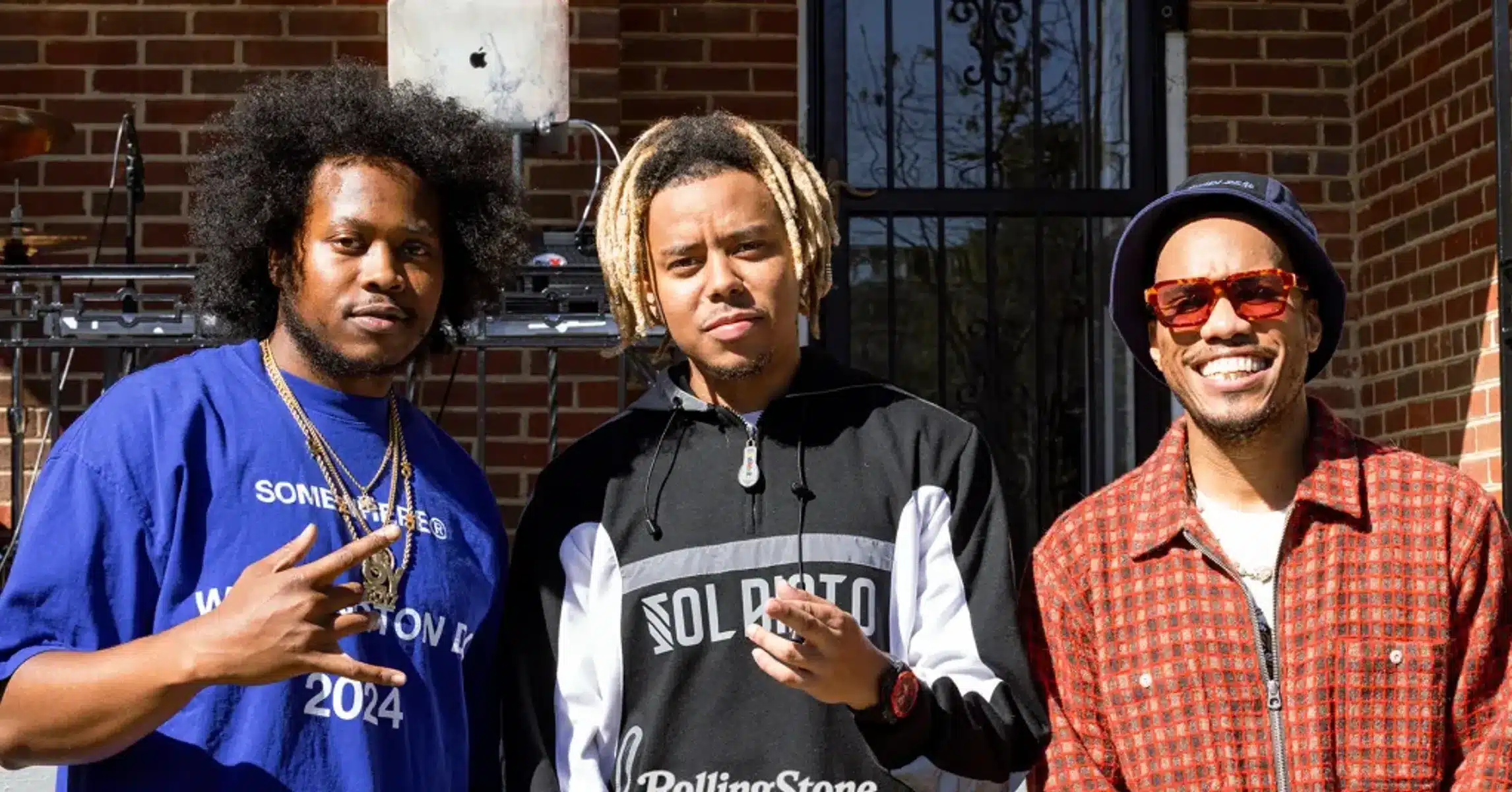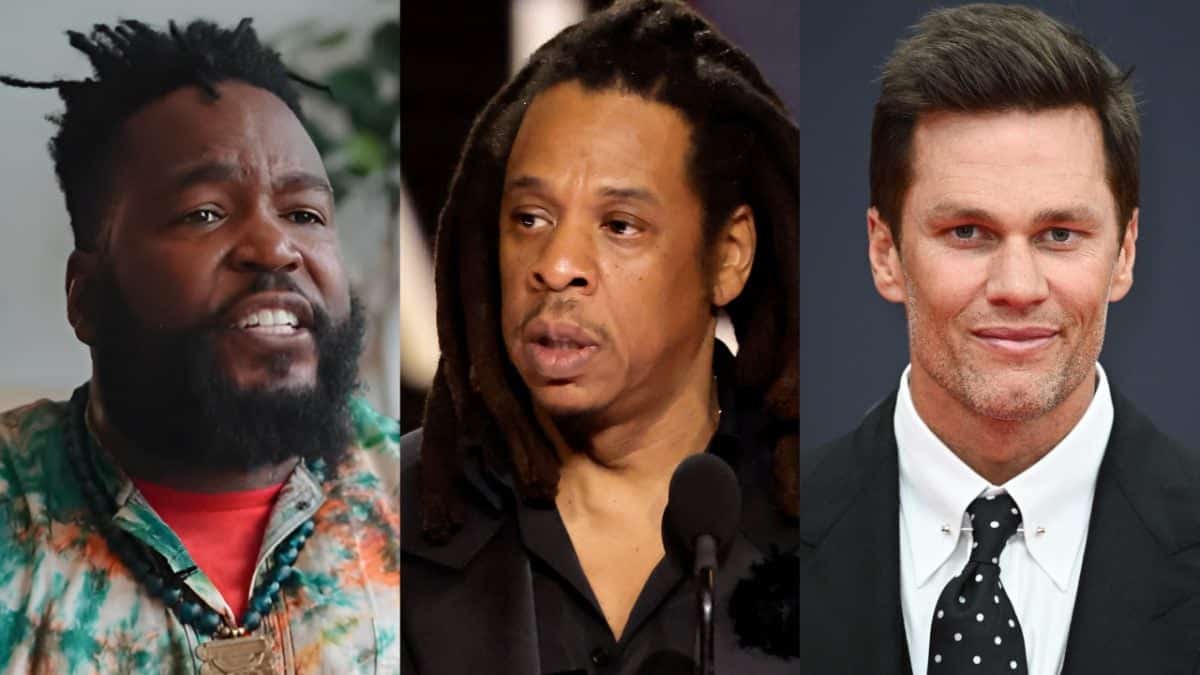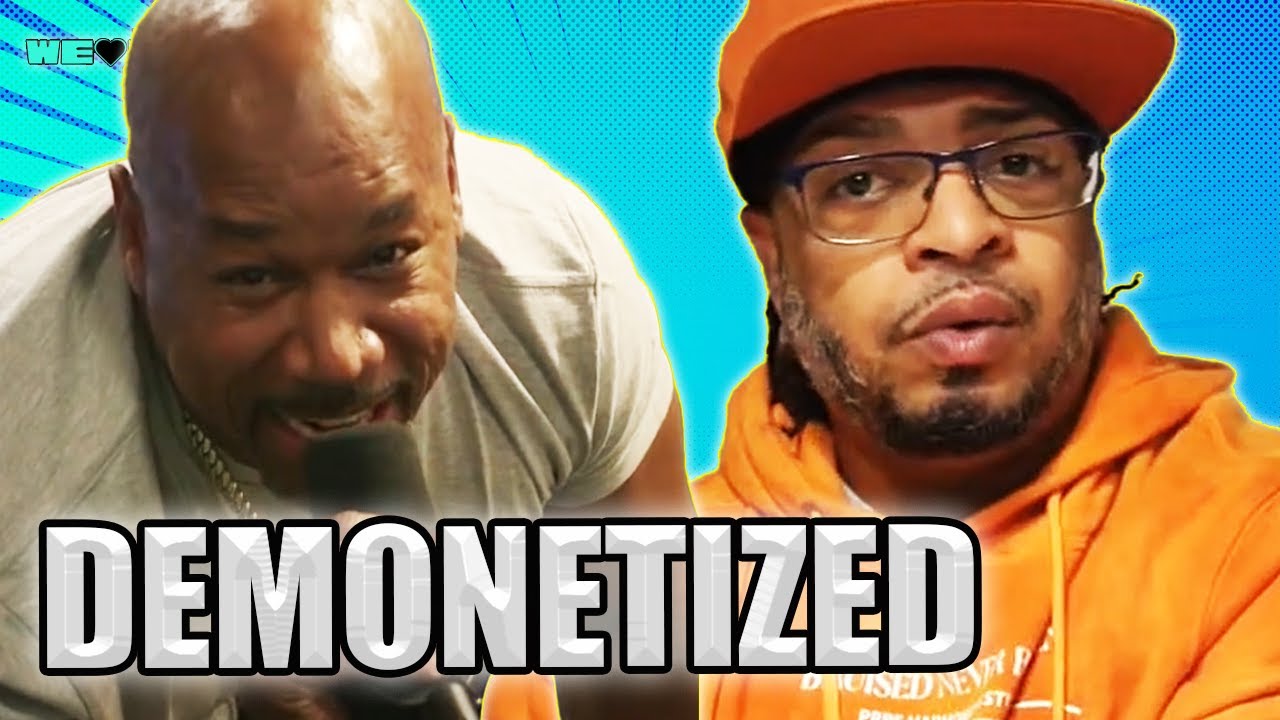Diddy, the well-known music mogul, is back in the spotlight with a dramatic twist in his ongoing legal battles. A new judge has unexpectedly taken over his sex trafficking and racketeering case.
In a surprise move, the case has been reassigned to Judge Arun Subramanian, who only recently joined the bench. His appointment adds a fresh dynamic to the proceedings, though the reasons for this change remain undisclosed by the court or the U.S. Attorney’s Office. Diddy’s legal team has also not commented on the judge swap.
Previously, Judge Andrew Carter was at the helm of this high-profile case. He made headlines for repeatedly denying Diddy bail, a decision that kept the rapper at the Metropolitan Detention Center in Brooklyn. Even an extravagant $50 million bail offer, along with promises of private monitoring and rehab attendance, failed to sway Judge Carter. Prosecutors argued that he was still a flight risk and potential danger, claiming Diddy had contacted alleged victims to persuade them of his innocence.
The prosecution portrayed the situation as serious, arguing that Diddy’s actions indicated a likelihood to obstruct justice. His proposals for limiting female visitors and for regular drug testing did little to convince the court otherwise. “I don’t know that I think you can trust yourself,” Judge Carter remarked, explaining his concerns about Diddy’s alleged substance abuse and anger issues.
As this legal saga unfolds, Diddy has fortified his defense team by bringing in new talent, adding lawyers Alexandra Shapiro and Anthony Ricco to his roster. Their expertise will join forces with existing attorney Marc Agnifilo, as they prepare to contest the charges and potentially renew their arguments for bail.
With Judge Subramanian now presiding, questions loom about whether this change will affect Diddy’s chances in court. The music icon remains hopeful for a more favorable outcome.
Diddy’s case continues to capture widespread attention with each development. The reassignment of a new judge ignites new speculations on how this will impact his legal strategy and future in court.
